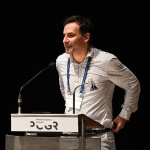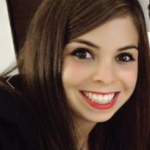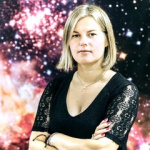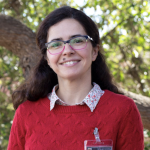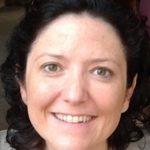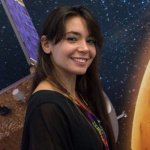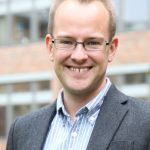Europlanet Vice President Elected
The results of the elections of the Europlanet Society Executive Board were announced at the Europlanet General Assembly on Tuesday, 10 September 2024. Anita Heward will join the Board of the Europlaent Society and Europlanet AISBL.
Find out about her objectives and what she hopes to achieve by serving on the Board of the Europlanet Society over the next four years.
Vice President
Anita Heward
I have been involved in Europlanet since 2006, when I took part in the very first outreach workshop and set up the press office for the inaugural Europlanet Science Congress (EPSC) in Berlin. Since then, I have worked with Europlanet as it has evolved from a Networking Activity to a Research Infrastructure (RI), a Consortium and a Society, playing an active role in its outreach, communications and management, and helping to put in place the structures for its most recent incarnations.
In 2019, I became the first elected Secretary of the Europlanet Society, serving a four-year term until November 2023. I led communications and community networking activities in the €10 million EC-funded Europlanet 2024 RI project, which ran from 1 February 2020 until 31 July 2024, and was a part of the Management Team at the University of Kent. I acted as the Virtual Organising Committee Chair for the first fully-virtual EPSC in 2020, and I have served as Vice-Chair of EPSC from 2021-2024 and for the 2019 EPSC-DPS Joint Meeting. Over the past year, I have also chaired a Sustainability Working Group to look at how to sustain activities carried out by Europlanet 2024 RI beyond the EC grant. I was a founding member of the Europlanet Association Sans But Lucratif (AISBL) which was established in 2023 to provide a independent legal structure for the sustainability of Europlanet activities.
I have been a director and trustee of several small businesses and charities, including the Dill Faulkes Educational Trust Ltd since 2012, and I have nearly 25 years’ experience working for astronomy-related organisations around the world.
I am now standing as Vice-President of the Executive Board of the Europlanet Society and Association to ask for a mandate to help Europlanet make the transition to a new, sustainable footing as a non-profit association that provides professional services to the community. I do not seek a full 4-year term and aim to stand down by 2026 to make way for a new Vice President or President Elect who can take Europlanet forward, beyond this transitional phase.
The last few years have been a time of significant upheaval and challenge for us all due to the Covid-19 pandemic. For Europlanet, it has also been a time of rapid change and evolution. Independent evaluation of the Europlanet 2024 RI project demonstrates, for the first time, robust evidence of the important role Europlanet plays in underpinning the planetary community by providing access to facilities, field sites, services and expertise. It is critical that these activities should be maintained for the benefit of the community.
In September 2024, Europlanet will launch a new organisational membership programme that will provide a solid foundation for its research infrastructure and networking activities, which have been developed and optimised over nearly 20 years.
I believe that my longstanding knowledge of Europlanet, coupled with my practical experience of running small non-profit enterprises, puts me in a unique position to help Europlanet through this evolution into an independent, sustainable association.
Europlanet’s ‘raison d’être’ is to support the planetary science community in Europe, cementing values of inclusiveness, diversity, collaboration and excellence in science. I would like to help ensure that Europlanet can continue to deliver this support to benefit the next generation of planetary scientists and, more broadly, Europe’s citizens.


